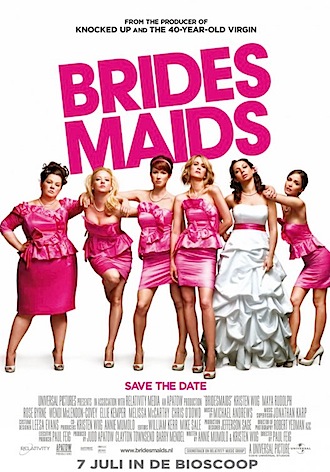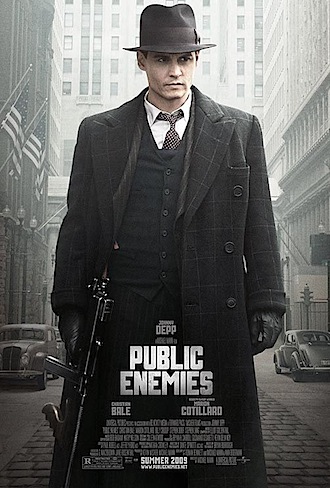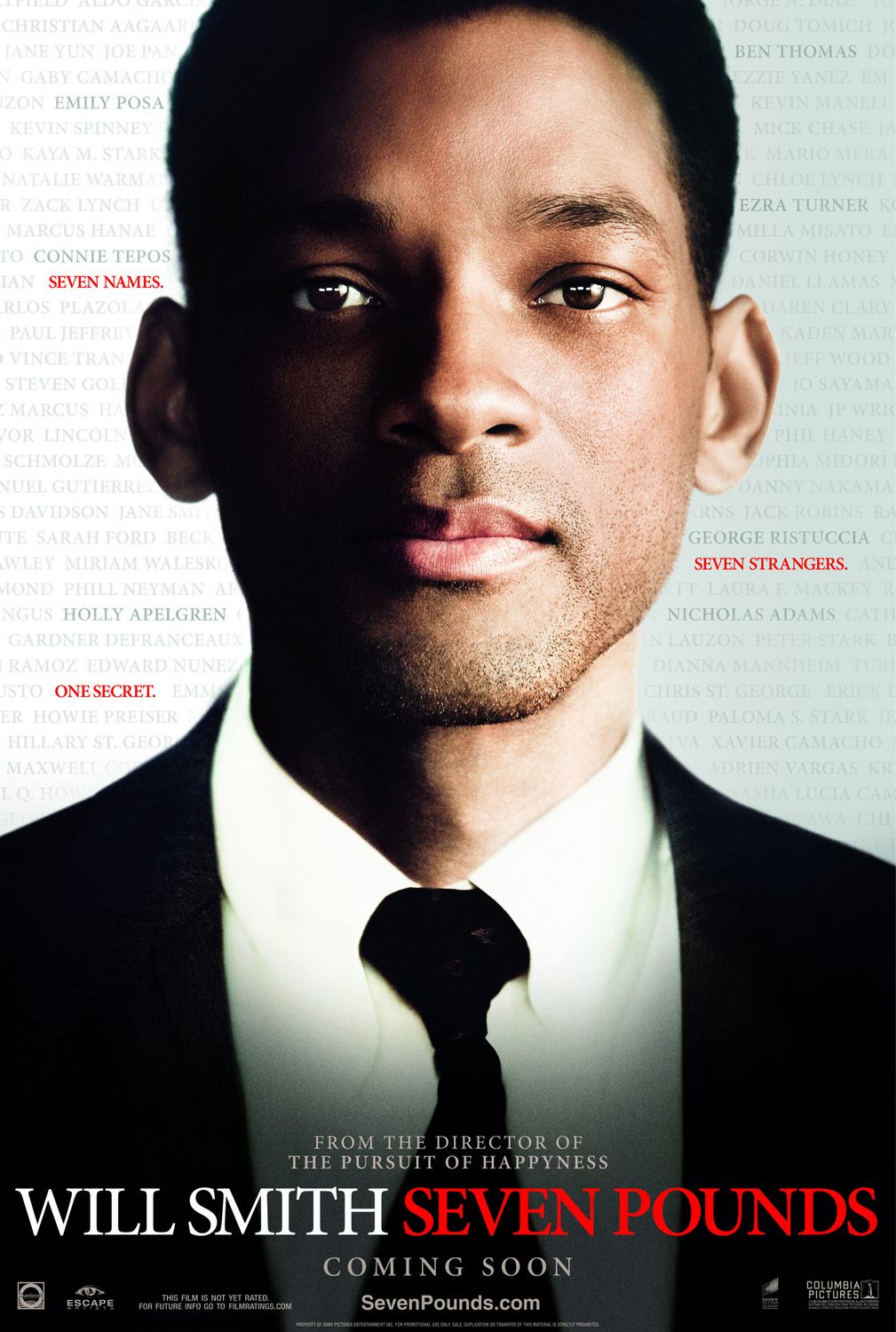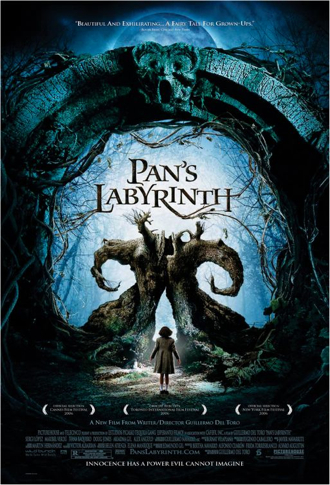After what seems like weeks of holidays, Summer Noelles and Matinee Idles, Radio New Zealand National is pretty much back to normal which means the return of my fortnightly movie…
Read More

After years of auteur theory we have become conditioned to describe films as products of their director and so in my first draft of this review I started off talking…
Read More
I’ve been busy over the last few weeks working on New Zealand’s biggest participatory film event, the V 48 Hours which reaches its local climax tonight at the Embassy Theatre.…
Read More

Of all directors currently working in the Hollywood mainstream Michael Mann is arguably the greatest stylist. No one at the multiplex has more control of the pure aesthetics of filmmaking,…
Read More

This week, three films which trade on a twist or revelation (to varying degrees of success). First, Seven Pounds reunites the creative team behind 2006’s excellent The Pursuit of Happyness…
Read More

This week's Capital Times film review: Mr Bean's Holiday (Steve Bendelack); Twice Upon A Time (Antoine De Caunes); Pan's Labyrinth (Guillermo Del Toro); The Illusionist (Neil Burger); Breaking and Entering…
Read More
